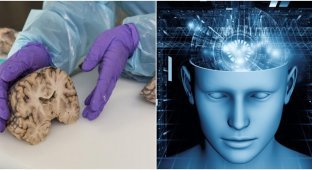Our body is an amazing mechanism that can be studied endlessly. Even some small detail in it can play an important role in a large system. Our body always takes care of us: starting with the fact that our liver can regenerate itself, and ending with the fact that we, by inertia, blink about 14,000 times a day, simply because the mucous membrane needs hydration. Let's find out some more interesting facts! 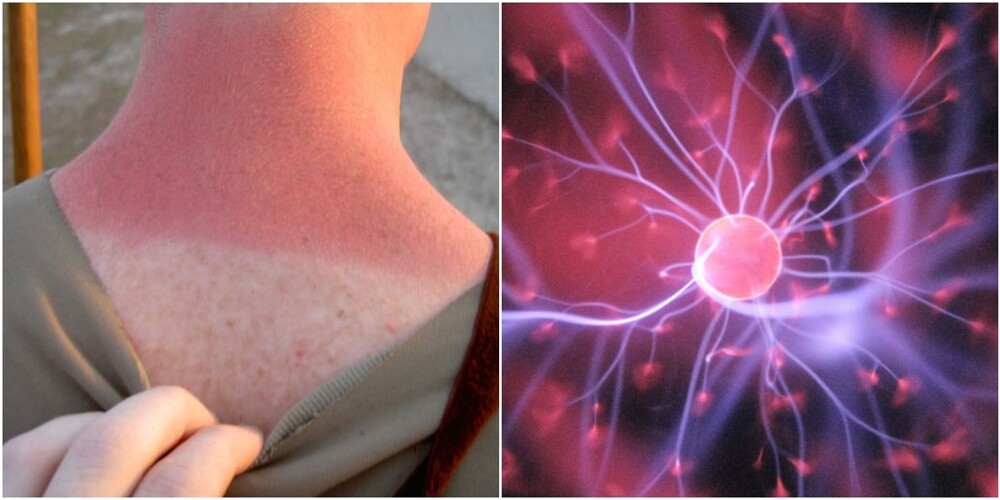
1. There are more neurons in our brain than stars in the sky. There are about 100 billion of them in the average person's brain. 
2. 95% of the happiness hormone is formed in intestinal cells. It is also responsible for 80% of our immunity 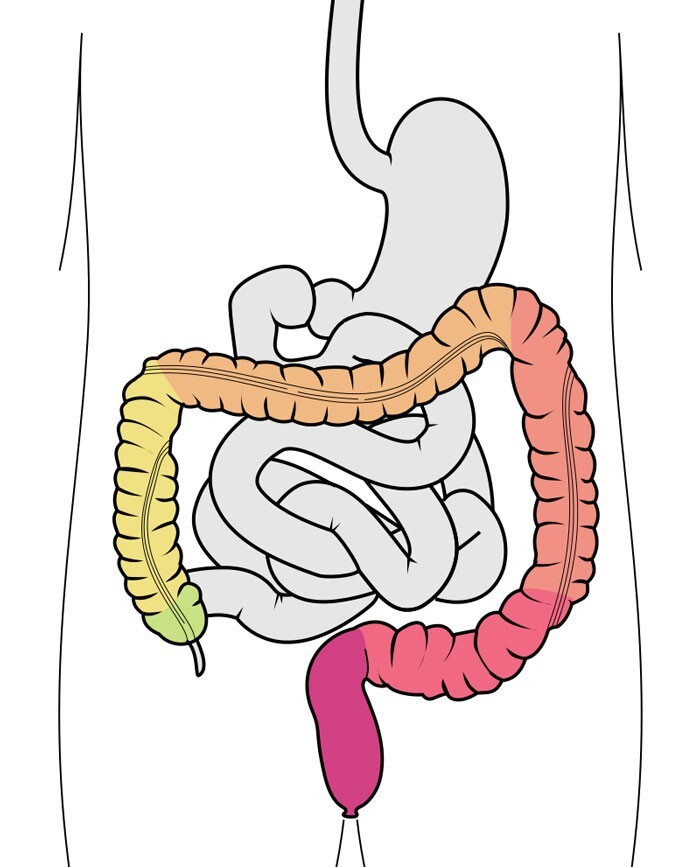
3. If a person suffers from a mental illness such as anxiety and depression, it is as if there is a whole universe in their brain. The number of thoughts, pain, feelings, sensations, fantasies and ideas about everything in the world just seems endless 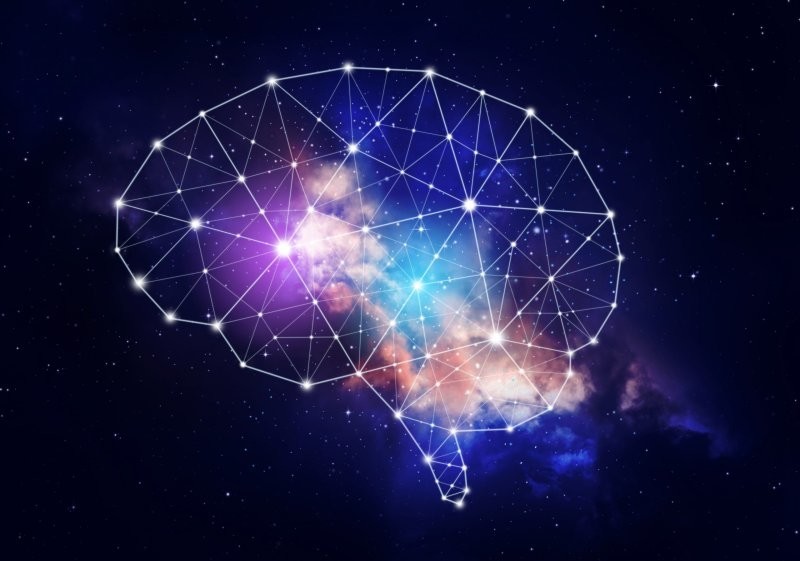
4. During laser tattoo removal, ink is removed from the body. Destroyed ink particles are removed naturally by special cells - macrophages 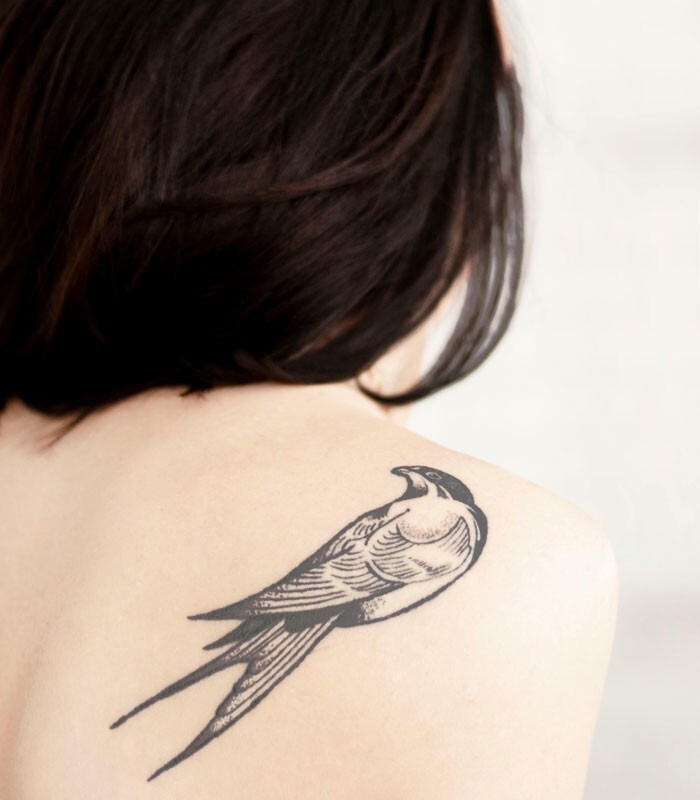
Macrophages are excreted into the lymphatic system, then enter the bloodstream, the liver, where they are destroyed and excreted through the kidneys. This is such a complex process.
5. Our tongue has incredible tactile capabilities. If we look at any object, we can vividly imagine what it would be like to lick it 
6. The liver can regenerate itself. It has the unique property of being restored to its original volume, even if more than 70% of the liver tissue is destroyed 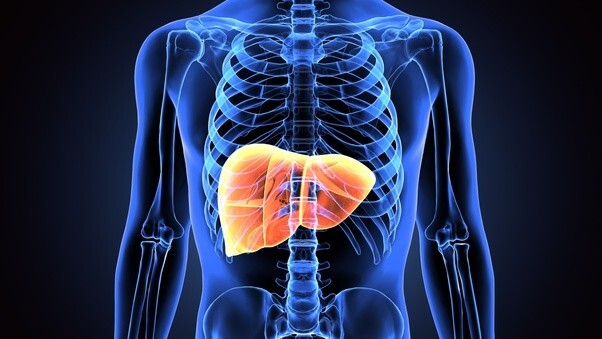
7. Our brain can generate up to 50,000-70,000 thoughts per day 
8. One of the strangest brain diseases is Capgras syndrome. In this case, the brain makes people believe that their loved ones have been replaced by doubles 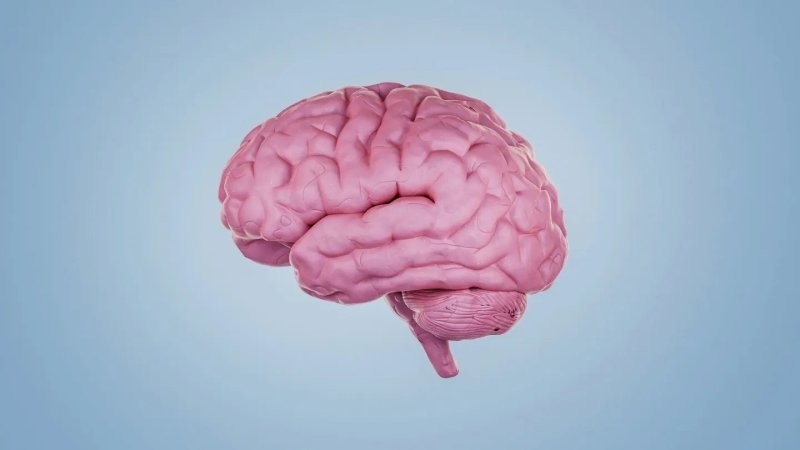
9. Sometimes it can take up to 5 days for food to completely pass through the intestines into the colon. 
10. Tanning is just a protective reaction of the body to solar radiation. This is how the body tries to protect us 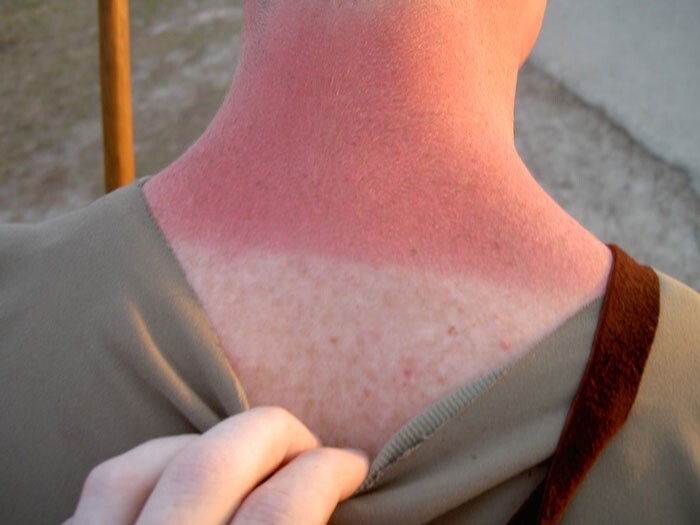
11. The placebo effect is one of the greatest superpowers of the human body. It shows how strong and weak he is at the same time, and how easy it is to deceive our brain 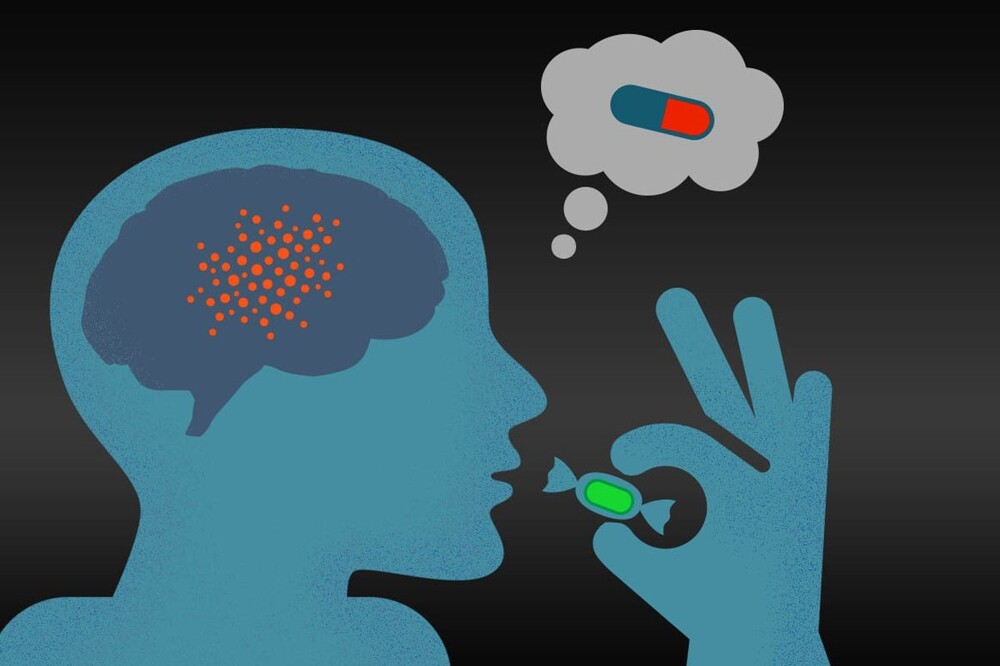
12. The tip of the tongue is the most sensitive part of our body. It is with the help of the tip of the tongue that we can determine whether a thing is edible or not, tasty or not so 
13. Our entire body is covered with invisible lines - everyone has them from birth. They are called "Blashko Lines" 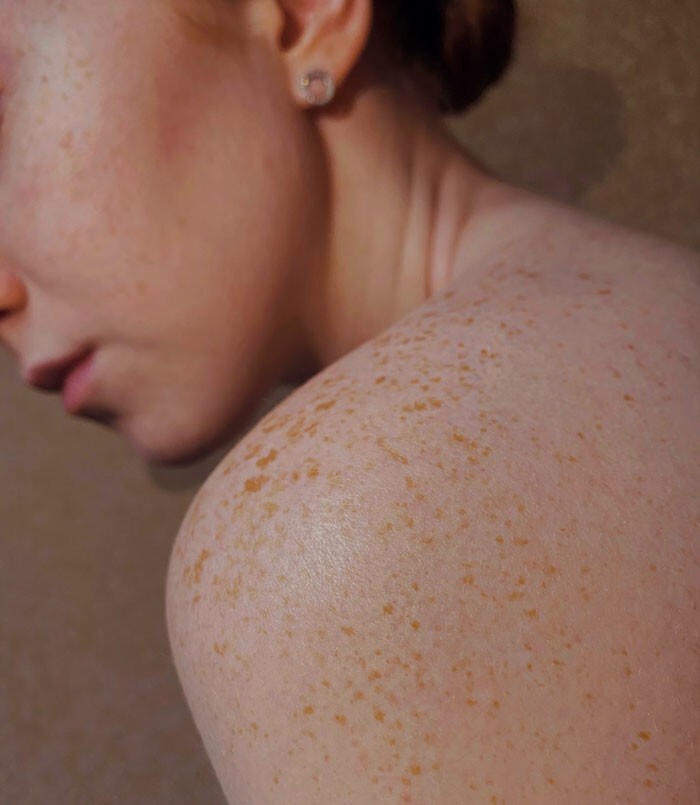
These lines represent the movements of cells since the development of the organism. As a rule, they are not visible, but they appear only in certain endocrinological diseases.
14. In very severe cases of endometriosis (a disease of the female reproductive system), the tissue of the inner lining of the uterus can grow into the pelvic organs: ovaries, fallopian tubes, intestines, bladder 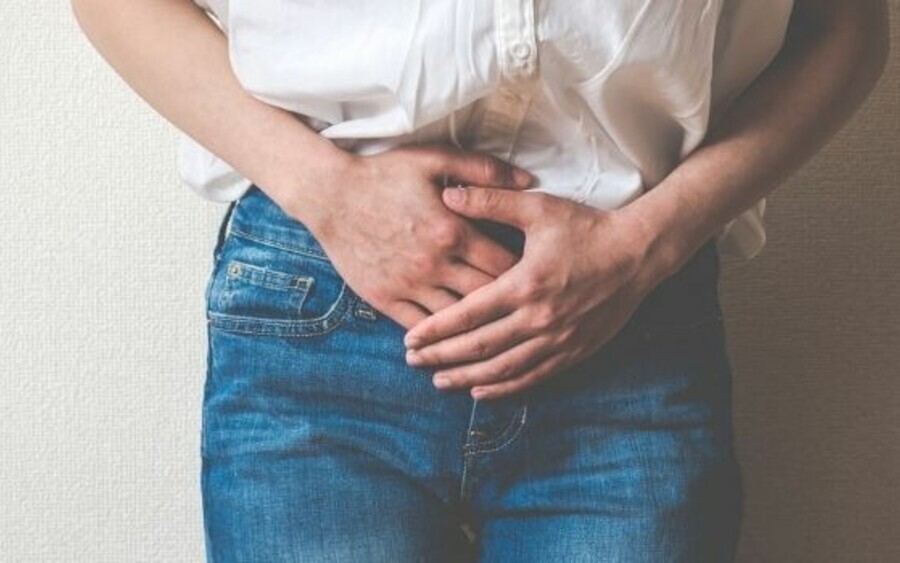
15. The adult human body consists of approximately 100 trillion cells. The largest number of cells are in the brain: there are about 14 billion of them 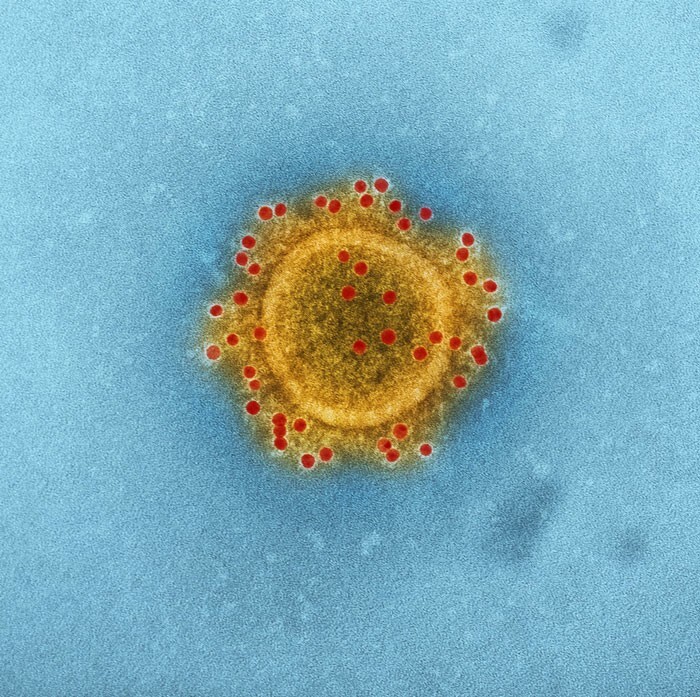
16. Hair and nails do not grow after death. They may look longer - but this is due to the fact that the deceased's skin shrinks from dehydration 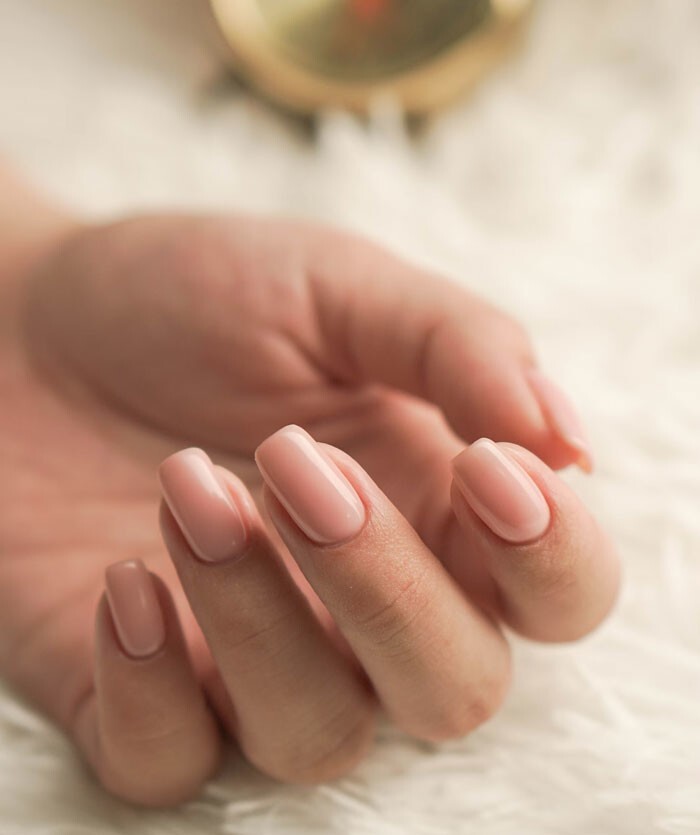
17. The brain transmits information at a speed of about 120 meters per second or 432 kilometers per hour 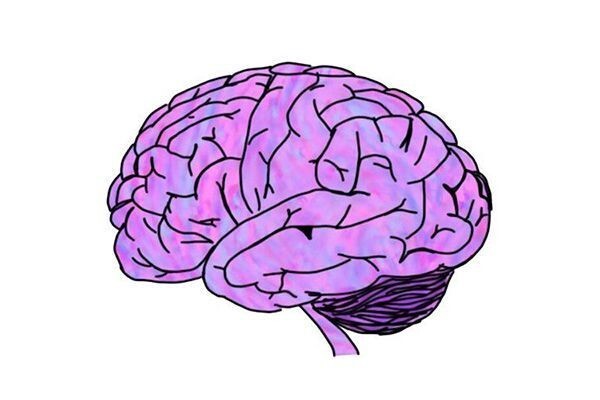
18. Our dreams are a product of our subconscious, based on any memories, especially recent ones. According to statistics, a person forgets 50% of dreams in the first five minutes after waking up, and 90% of dreams in the next 5 minutes. 
19. Water allergy, known as water urticaria, affects one in 23 million people worldwide. 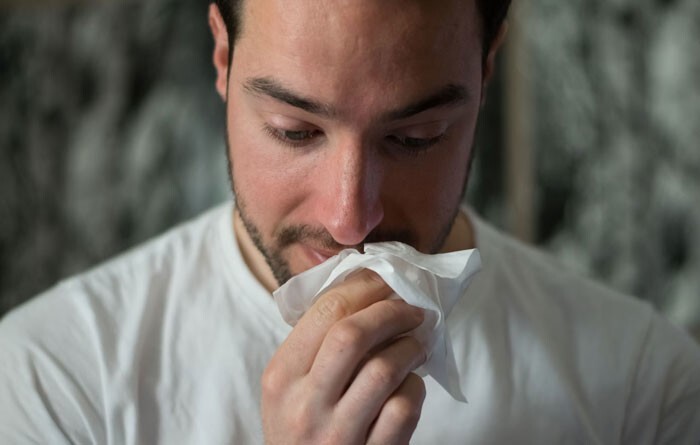
20. 50,000 cells in your body are dying and being replaced by new ones as you read this sentence. 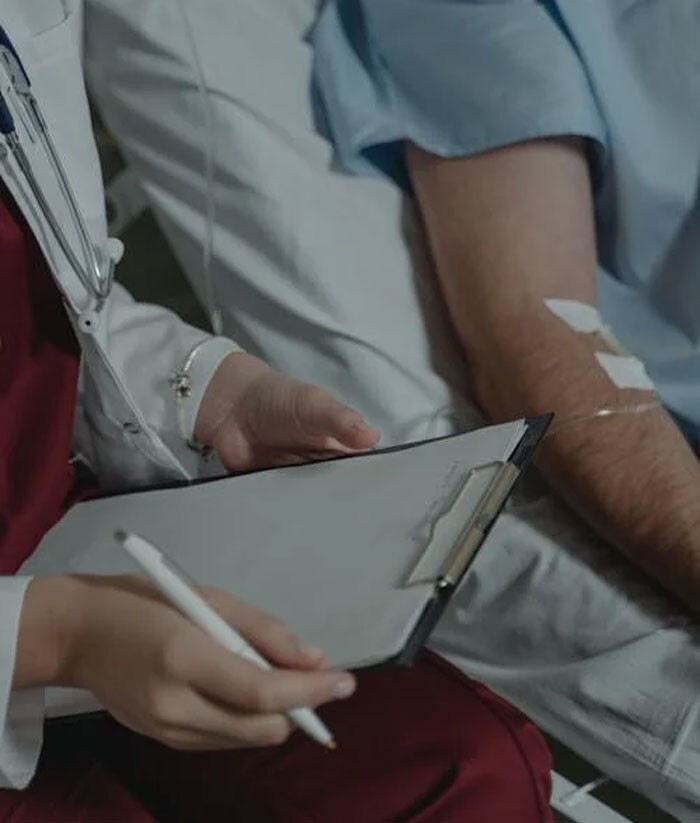
21. Our cells can kill themselves 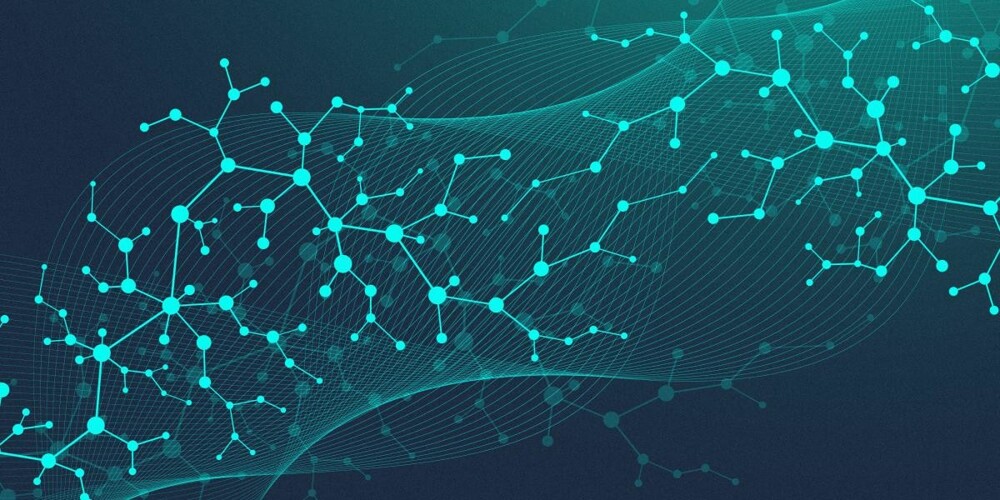
Sometimes a cell can kill itself to save the organism. This can happen for various reasons. For example, it is important for a cell to attach to the intercellular substance (with the exception of blood cells). If a cell is not attached to anything, it considers itself inoperative and dies.
22. People also have bioluminescence. We literally glow, but the visible light emitted by our bodies is 1000 times less intense than the light our eyes are sensitive to. 
23. If you exercise, fat comes out mainly through breathing. Most of the fat is converted to carbon dioxide, which is released in the breath 
24. A person blinks about 14,000 times a day 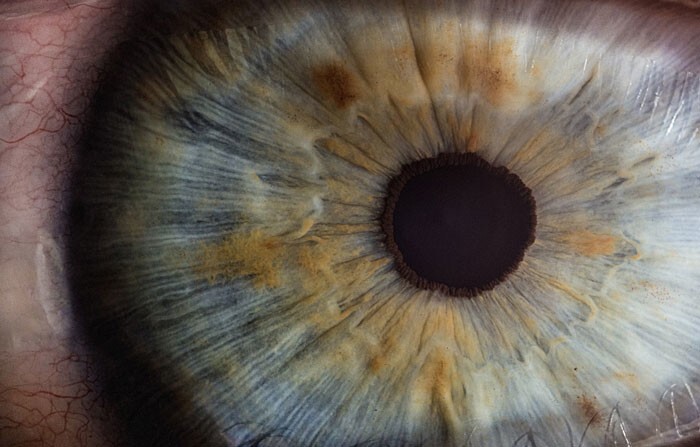
25. Newborn babies cry without tears. They appear only at 4-13 weeks of life, when the lacrimal gland begins to fully function 
26. In every person, with binocular vision, one eye functionally predominates over the other. It looks like a "leading" hand 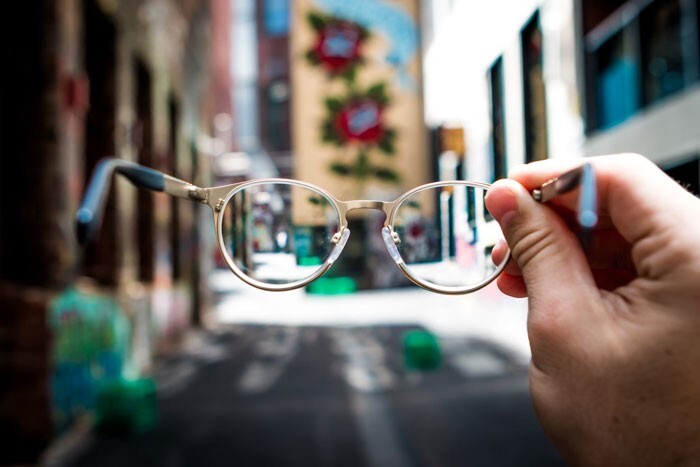
27. Approximately 1-2% of the world's population will suffer a cerebral aneurysm during their lifetime. And only a small part of these people will die from its rupture 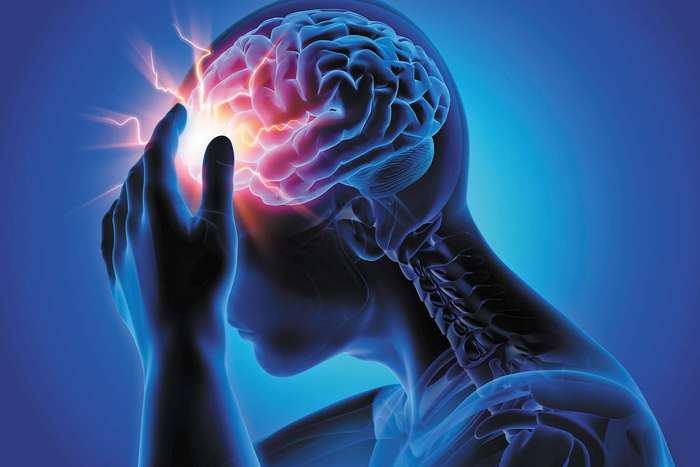
28. Most of the time our brain is in automatic mode. Habitual routine actions put it into auto mode. Therefore, it is important to “get out of your comfort zone” to get your brain working 
29. When a baby is still in the womb, he can eat his own hair 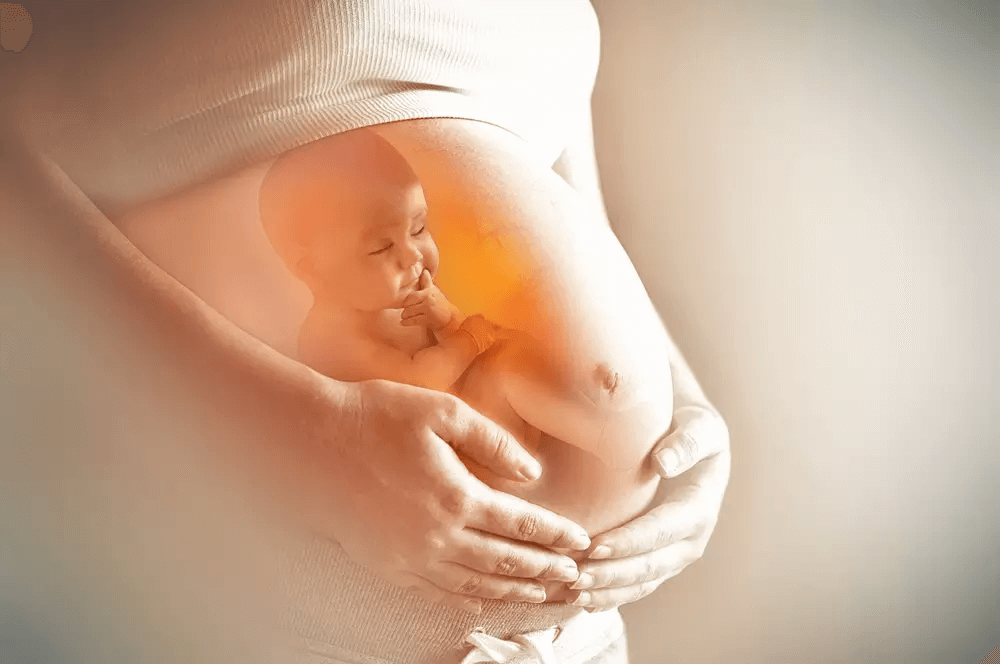
While the baby is in the womb, hair and antennae grow, but they fall out before birth. The child manages to eat this hair - and at birth it comes out with his first stool.
30. When we sleep, our brain works twice as hard as when we are awake. 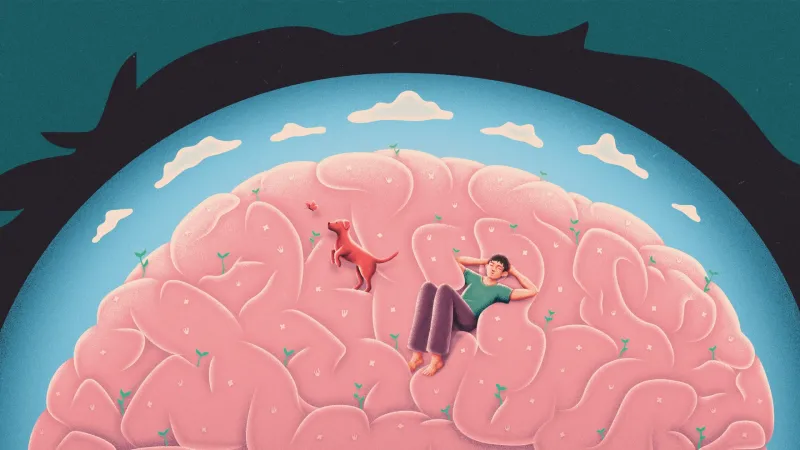
Add your comment
You might be interested in:












